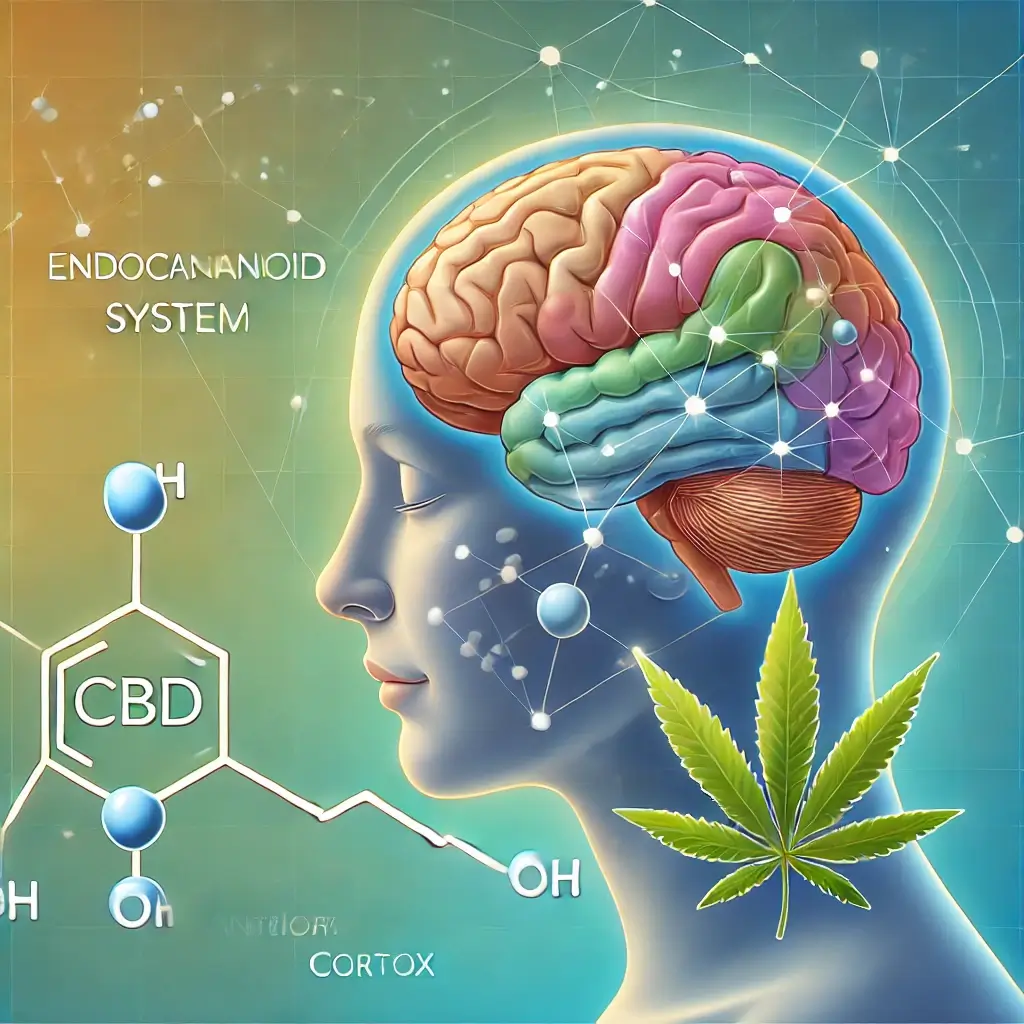Understanding the Endocannabinoid System and Mental Health
In recent years, the role of the endocannabinoid system (ECS) in mental health has captured the attention of researchers and healthcare practitioners alike. Composed of cannabinoid receptors (CB1 and CB2), endocannabinoids, and metabolic enzymes, the ECS regulates many vital functions, including mood, stress response, and emotional processing. Anxiety disorders, one of the most widespread mental health challenges, have prompted scientists to explore how the ECS can be leveraged for therapeutic purposes, particularly through cannabinoids like CBD and THC.
CBD’s Rising Popularity in Anxiety Treatment
As CBD has gained popularity for its non-psychoactive benefits, studies continue to explore how it interacts with the ECS to alleviate anxiety symptoms. This article delves into the recent evidence supporting CBD as an anxiety treatment, focusing on clinical applications and emerging research that highlight its effectiveness across various types of anxiety disorders.
Recent Clinical Findings and Research
Recent clinical findings underscore the potential of CBD for anxiety relief. For instance, a 2023 study in the Journal of Clinical Psychology found that patients with GAD experienced a marked decrease in anxiety scores after a daily regimen of 300mg CBD. This study supports the idea that CBD’s anxiolytic effects are dose-dependent and require careful monitoring to achieve optimal results. Neuroimaging studies have corroborated these findings, showing CBD’s influence on the amygdala and anterior cingulate cortex—brain regions critical to anxiety regulation.
CBD’s Impact on Various Anxiety Disorders
Beyond GAD, other anxiety disorders, such as Social Anxiety Disorder and PTSD, have shown responsiveness to CBD. The ECS’s role in emotional regulation, documented in Neuroscience & Biobehavioral Reviews, further highlights why targeting this system with cannabis-based treatments could be beneficial. In particular, CBD’s ability to increase anandamide levels—often referred to as the “bliss molecule”—may explain its calming effects without the psychoactive impact of THC.
Regulatory Changes and Social Acceptance
The recent regulatory shifts in favor of medical cannabis use reflect a societal recognition of CBD’s potential. States with progressive cannabis laws have paved the way for new clinical studies and encouraged public acceptance of CBD as an anxiety treatment, aligning with a broader shift toward holistic mental health solutions.
Future Prospects and Research Direction
As research into CBD and the ECS progresses, the potential for CBD-based anxiety treatments becomes increasingly clear. This article provides a foundation for understanding how CBD interacts with anxiety pathways and suggests promising directions for future research and treatment. Medical literature supports its application, particularly in controlled dosages, and continued trials will expand on these early successes.




